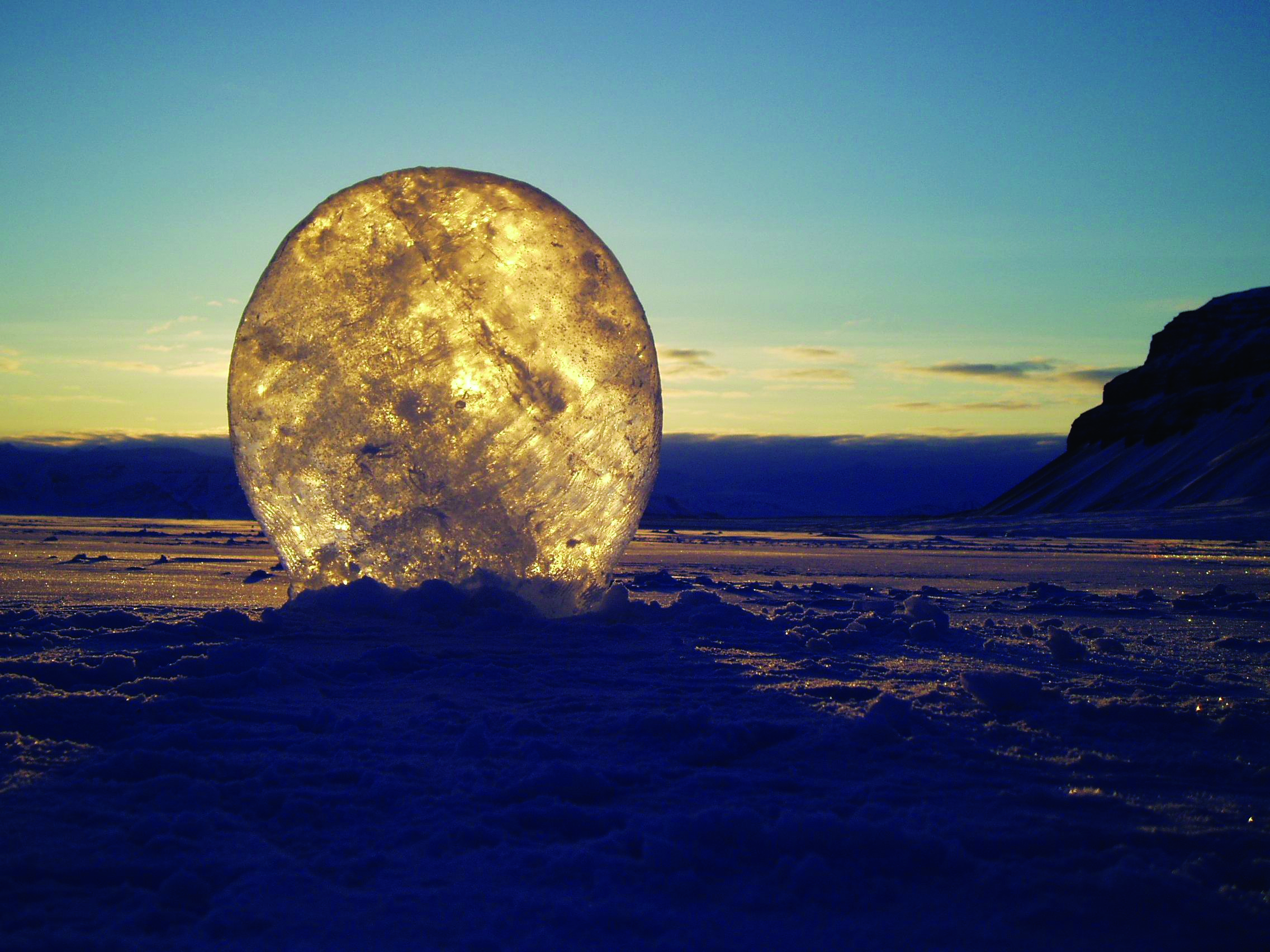Nature/No Nature: Rethinking the Past, Present, and Future of Nature in the Contemporary Humanities

Perhaps no idea is as critical to the combined future of the human and more-than-human worlds as nature, its meaning, and its very survival. But when did the idea of nature emerge in human history, and how has it changed? How the humanities approach changing meanings of nature has implications for reconceptualizing the very realms and interdiciplinarities of the humanities themselves.
The Collaborative Research Seminar on Nature/No Nature: Rethinking the Past, Present, and Future of Nature in the Contemporary Humanities brought together faculty and graduate students from across departments and disciplines to engage such questions as: What is nature? What are natures-cultures? Before the idea of nature, how did people engage with the natural world? When and how did the concept of nature emerge in Western history? What did it mean to Asian cultures and native peoples? What is the history of the rise of the metaphor of law (or laws) as a way to describe order, harmony, norms, and regularities in the natural world? Must nature be experimentally confined to be understood, and what are the human and environmental consequences of the control of nature? These questions and others were addressed from a cross-disciplinary perspective.